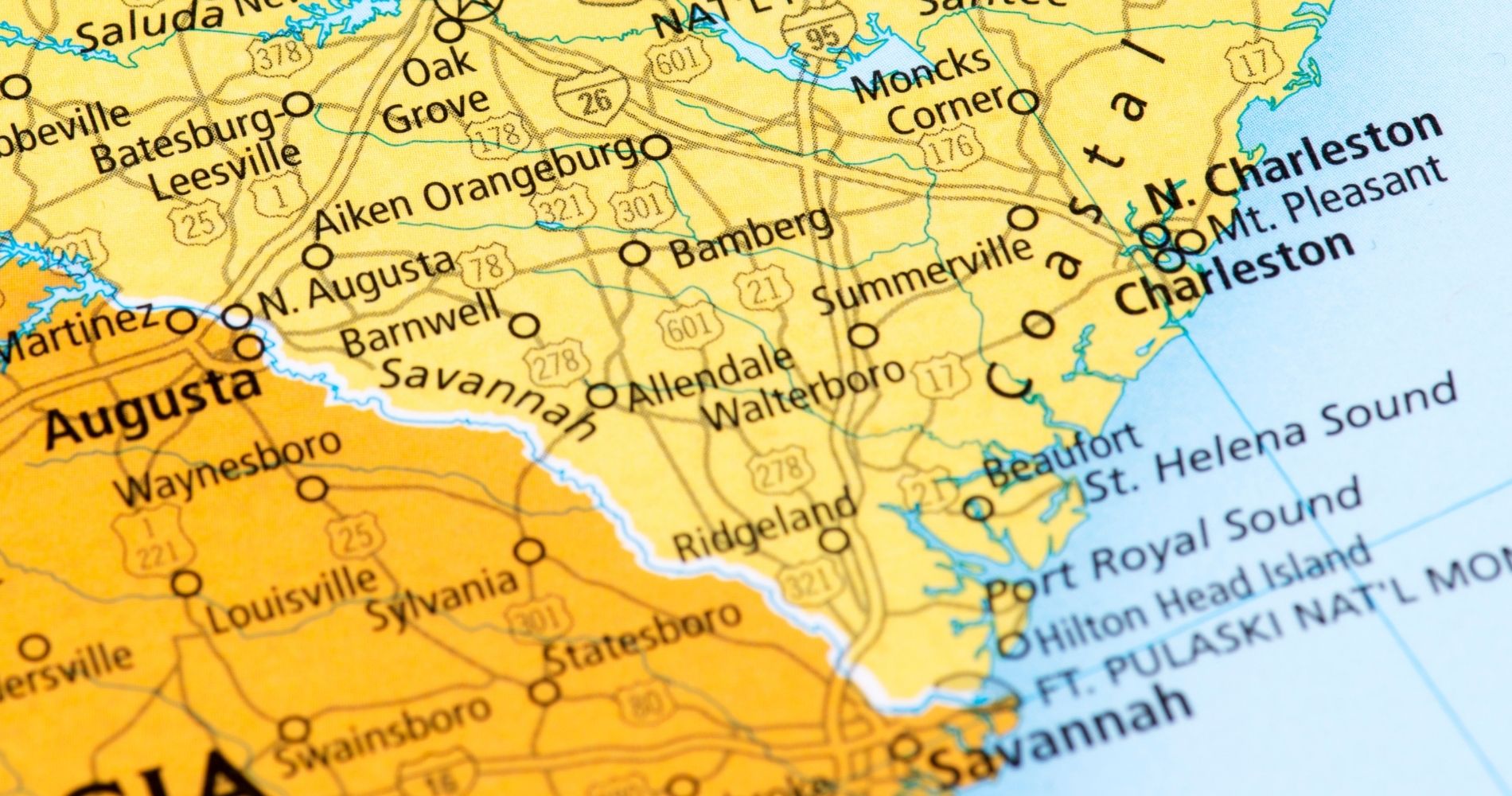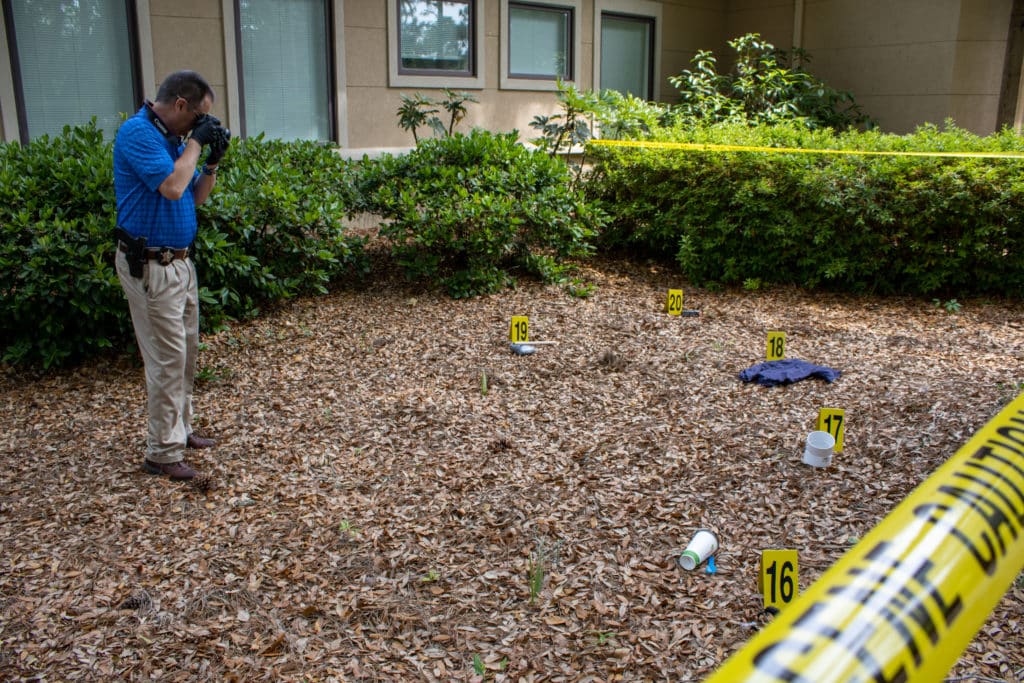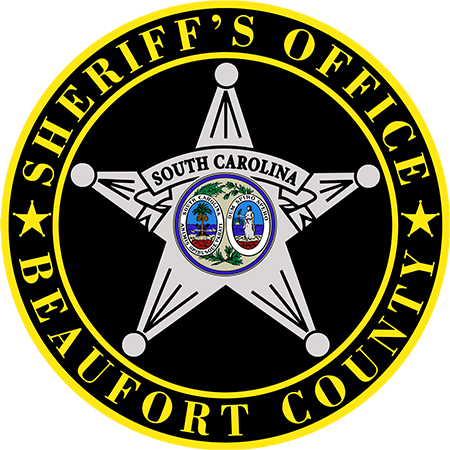Criminal Investigations
The Study of Facts
While the Beaufort County Sheriff’s Office generates a large volume of calls for service that are proactively aimed at crime prevention, there are still many incidents reported in in our community that require the response of deputies.
Depending on the severity of the incident, some will require investigation beyond the initial interaction with responding deputies. Where the case occurs Beaufort County will dictate whether it is referred to the Northern or Southern Investigations Section for follow up.

Two Criminal Investigations sections
The Northern Investigations Section is responsible for the investigation of crimes that occur in the unincorporated areas north of the Broad River, while the Southern Investigations Section is responsible for the investigation of those that occur in the unincorporated areas south of the Broad River, to include Hilton Head Island.
Speak with an Investigator
Northern Investigations
843-255-3200
Southern Investigations
843-255-3300
Cold Case Investigator
843-255-3402

Sheriff's Office Crime Scene Unit
In 2014, the Sheriff’s Office created an on-call Crime Scene Unit to assist investigators in the meticulous process of crime scene investigation.
Deputies assigned to this unit receive specialized training to properly document crime scenes through photographs; collect evidence for forensic analyses; and prepare crime scene sketches for courtroom presentation to provide juries with a better understanding of how a crime may have occurred.
When an incident report is filed with the Sheriff’s Office, it is reviewed by supervisors in our Northern or Southern Enforcement branches — depending on the location of the incident — to ensure accuracy and completeness.
It is then reviewed by supervisors in the respective Criminal Investigations Section to determine if assignment for further investigation is warranted.
In some instances, the original responding patrol deputy is able to provide supplemental follow-up reports that allow for closure of a case without further assignment.
When a case gets assigned to an investigator, a victim can expect that the assigned investigator will have reviewed the initial report and will attempt to make contact within a day of the case being assigned to them.
During this time, investigators will be seeking additional information about the case — such as details the victims and any witnesses remember, as well as further evidence that might exist.
The investigator will work to identify possible suspects, as well as persons of interest.
All of these efforts culminate in developing the most important piece of the investigative puzzle: probable cause.
Probable cause is a requirement of the Fourth Amendment of the United States Constitution that must be met before law enforcement can pursue any search or seizure of person or property.
This requirement goes beyond “gut feelings” or “word on the street,” and demands that law enforcement compile the necessary information that would persuade a “reasonable person to believe that a specific crime was committed by a specific person” based on circumstances known to be true.
If an investigation leads to the successful arrest of a suspect, investigators will then work with the 14th Circuit Solicitor’s Office to prepare for prosecution.
















